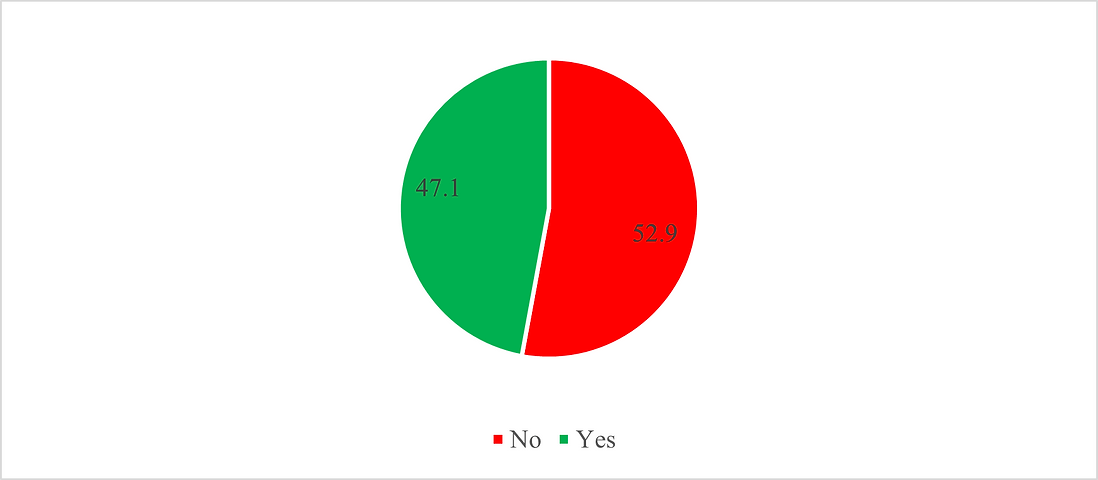
Interlake’s Mental Health Interventions: Are They Actually Effective?
By Trinity Lee • Oct 1, 2022 • 4 minute read
Mental health has grown to become a heavily regarded topic.
With the increasing stresses of academics and extracurriculars, the concerns over mental health have become more applicable to high school students. For Interlake, important measures surrounding mental health and suicide have been taken to help students comfortably reach out to resources and maintain a healthy mindset. Every year, counselors make visits to Interlake students, giving presentations concerning suicide and mental health and surveying students on their personal well-being. However, even with these interventions, the question arises on whether these presentations are actually helpful.
To measure how effective the school’s recent mental health interventions have been for the student body, I conducted a survey, sent out to forty students varying in grades, race, and academic enrollments. Within the survey, I polled the students on the following three questions, and I recorded the results in a pie chart:
Do you think the mental health presentations were beneficial to you?
Do you think that the presentations encouraged you to speak up and regard your mental health with more concern?
After the presentations, did you feel like the school had a greater concern for your mental health?
Students also provided suggestions on certain improvements that could be made to our schoolwide presentations. For instance, some students (who choose to remain anonymous) believe presentations should include “more coping strategies” or even incorporate “individual talking time with the counselor so [people] can ask questions, [since] it is uncomfortable to ask…about your mental health in front of the class”. Students also suggested adding more entertaining factors, such as animations, to the presentations and showing more relatable situations during the lectures.
Many other students additionally provided their own personal opinions on the matter. While some said that the presentations “offered good resources” or made them feel “like the school had greater concern,” others believed that simply telling students “what to do isn’t as effective as…[students] already know healthy and unhealthy coping methods” and that the lectures were also too “targeted towards people who are struggling,” instead of being more generalized to the entire student body.
Although there are conflicting opinions about the effectiveness of the school’s mental health interventions, it seems that most students have found these lectures to have at least increased their awareness and made them feel that the school is invested and concerned in their mental well-being. While some improvements could also be made by taking into consideration the wants and needs of the Interlake student body, for now, it seems that the mental health interventions provided by the school have been mostly effective in its purpose of creating a greater sense of comfortability and recognition towards mental health.
Mental health is an incredibly important issue, especially for us high-schoolers, and it is important that we know how to receive the support that we need.
If you feel that you are struggling with your mental health, please connect with a counselor or trusted person, and visit https://bsd405.org/interlake/counseling/mental-health-resources/.